 Exposure to the arts from a young age is a crucial element of a child's development. In the maze of available entertainment options, theater may seem like an unpopular choice. We assure you that it's a highly valuable way to spend time with your child, and the selection of contemporary performances for children will delight not only the youngest but also their parents! Regularly attending the theater with your child offers numerous benefits – below you'll find the most important ones.
Exposure to the arts from a young age is a crucial element of a child's development. In the maze of available entertainment options, theater may seem like an unpopular choice. We assure you that it's a highly valuable way to spend time with your child, and the selection of contemporary performances for children will delight not only the youngest but also their parents! Regularly attending the theater with your child offers numerous benefits – below you'll find the most important ones.
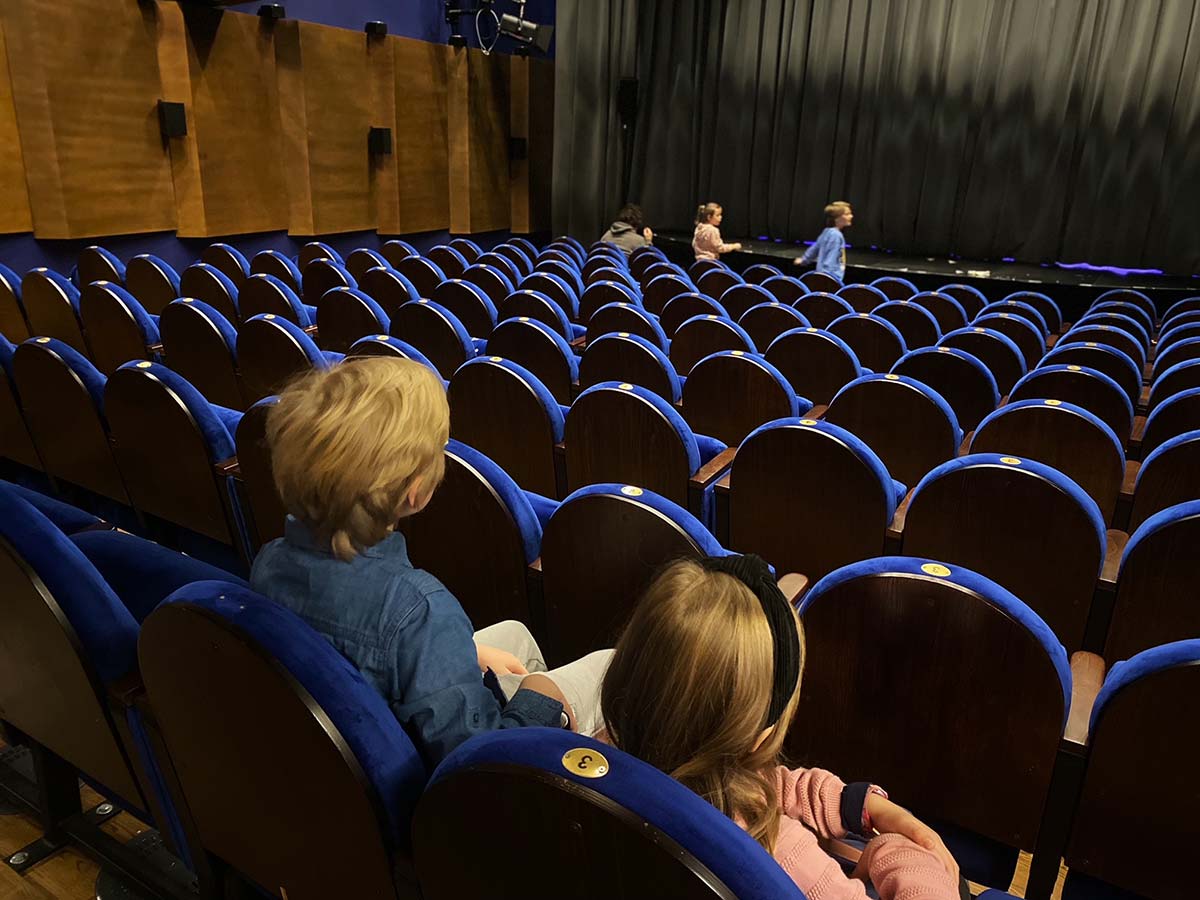
Art has been on familiar terms since childhood!
Parents often wonder when the best time in a child's development is to take them to the theater. The answer is: the earlier the better, provided the repertoire is age-appropriate. Don't worry – modern theaters offer performances even for children as young as a few months old. Theater is an excellent introduction to the world of art, as it combines several disciplines simultaneously. It's in theater that acting intertwines with music, singing, and dancing, all complemented by costume design, appropriate props, and lighting. This combination of stimuli stimulates almost all of a child's senses, consequently developing their imagination, creativity, and independent thinking. Familiarizing a child with theater from a young age can lead to a fascinating passion in the future. A young theatergoer will develop a habit of going to the theater – perhaps even attending performances in adulthood, and perhaps even becoming an actor.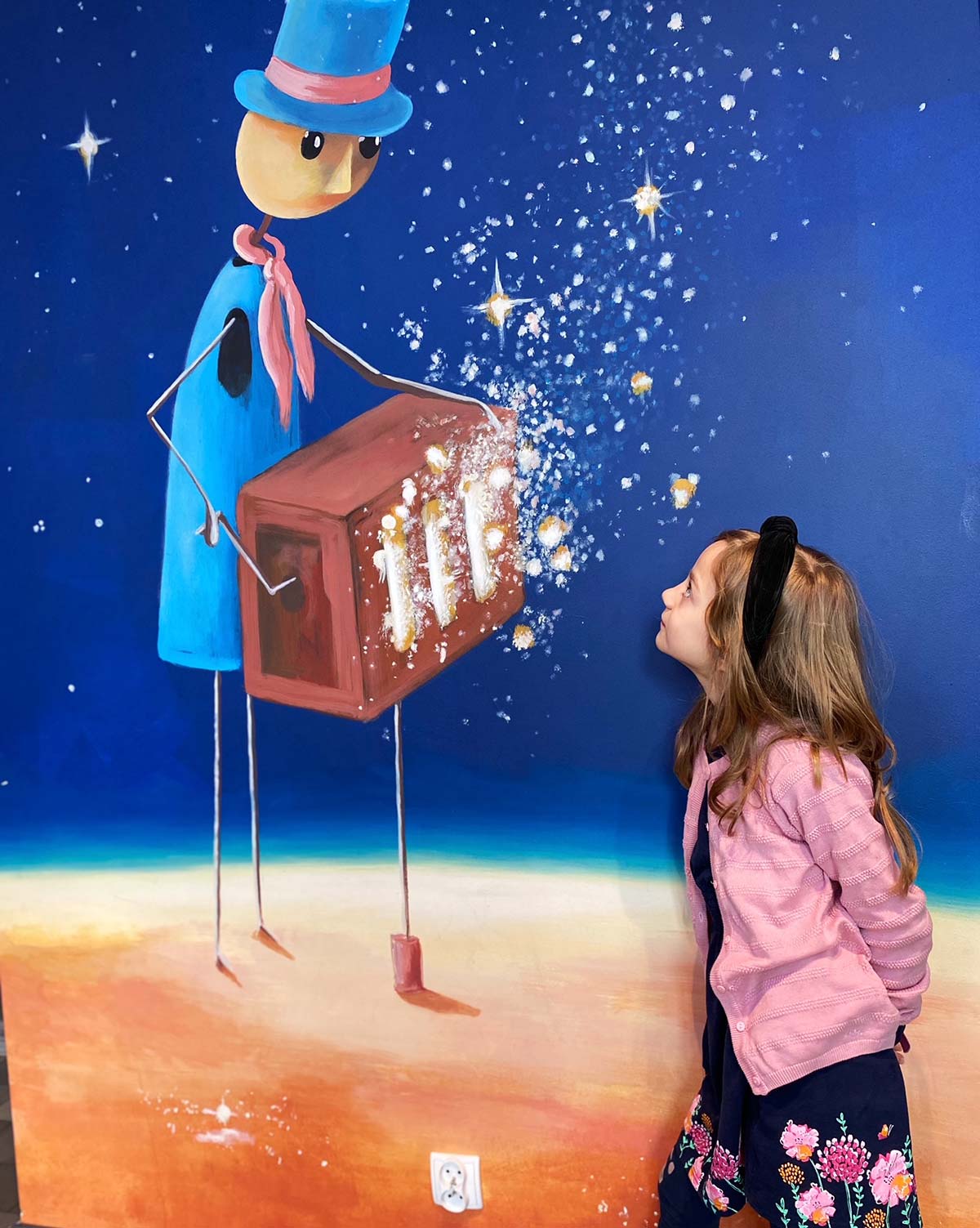
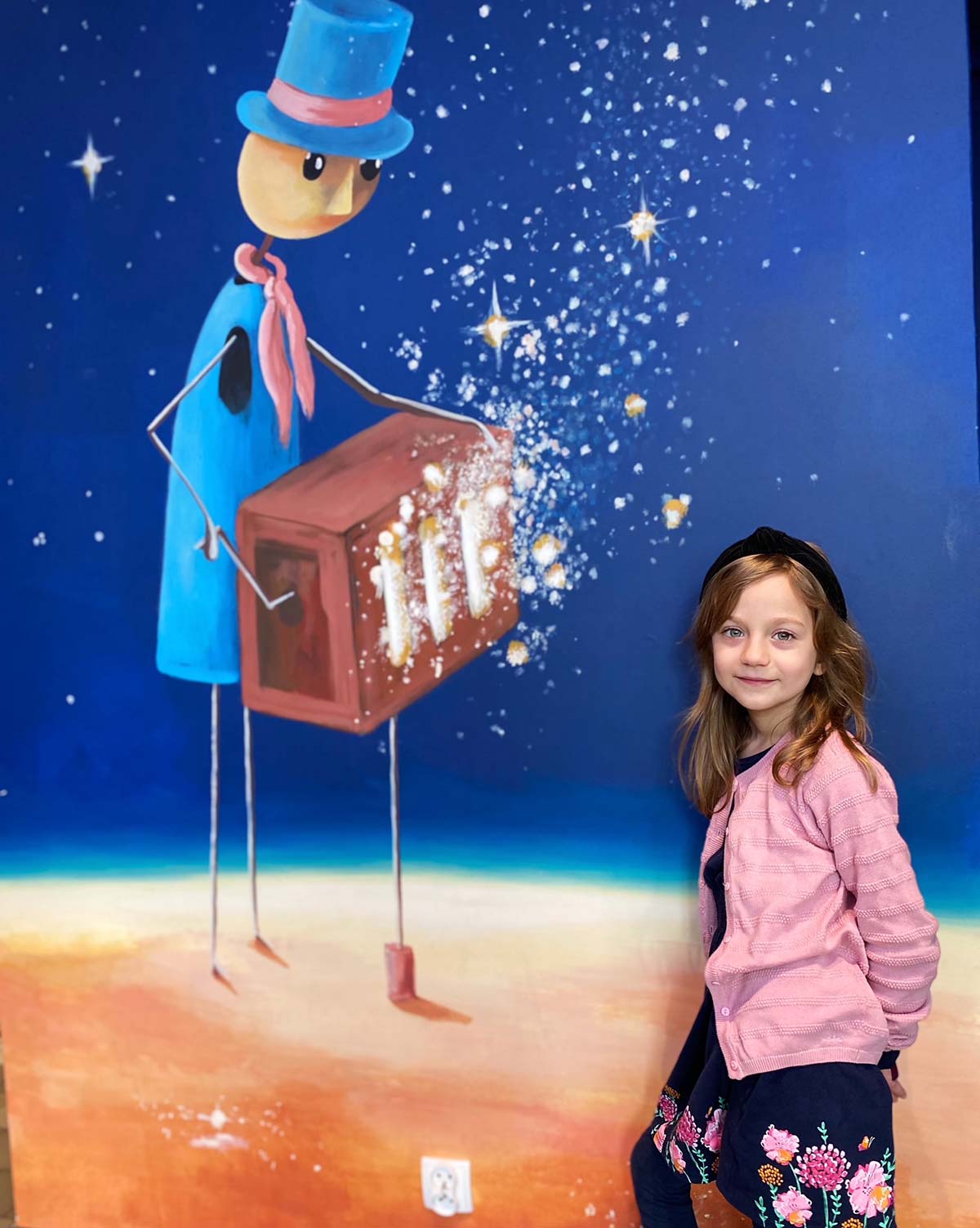
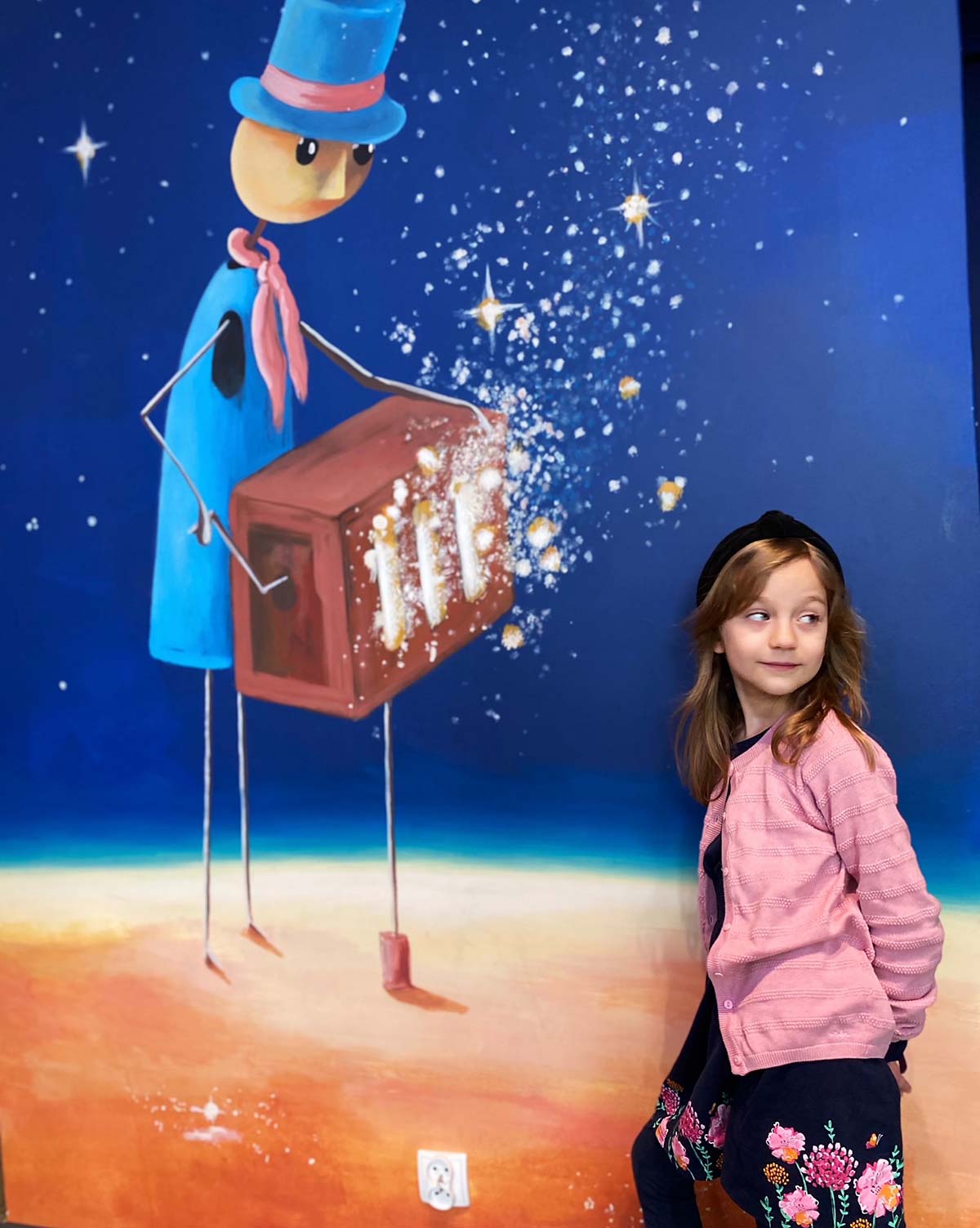
Children's Theatre, or Stories with a Moral
Theater plays for the youngest are designed to engage children and engage them with what's happening on stage. Through performances, young audiences learn how to behave in specific situations and apply these behaviors to everyday life. It's in theater that children learn tolerance, respect, distinguishing right from wrong, and recognizing and expressing emotions. Analyzing the story of a play is a great starting point for parents to begin conversations with their children about difficult topics. Theater helps school-age children understand required reading.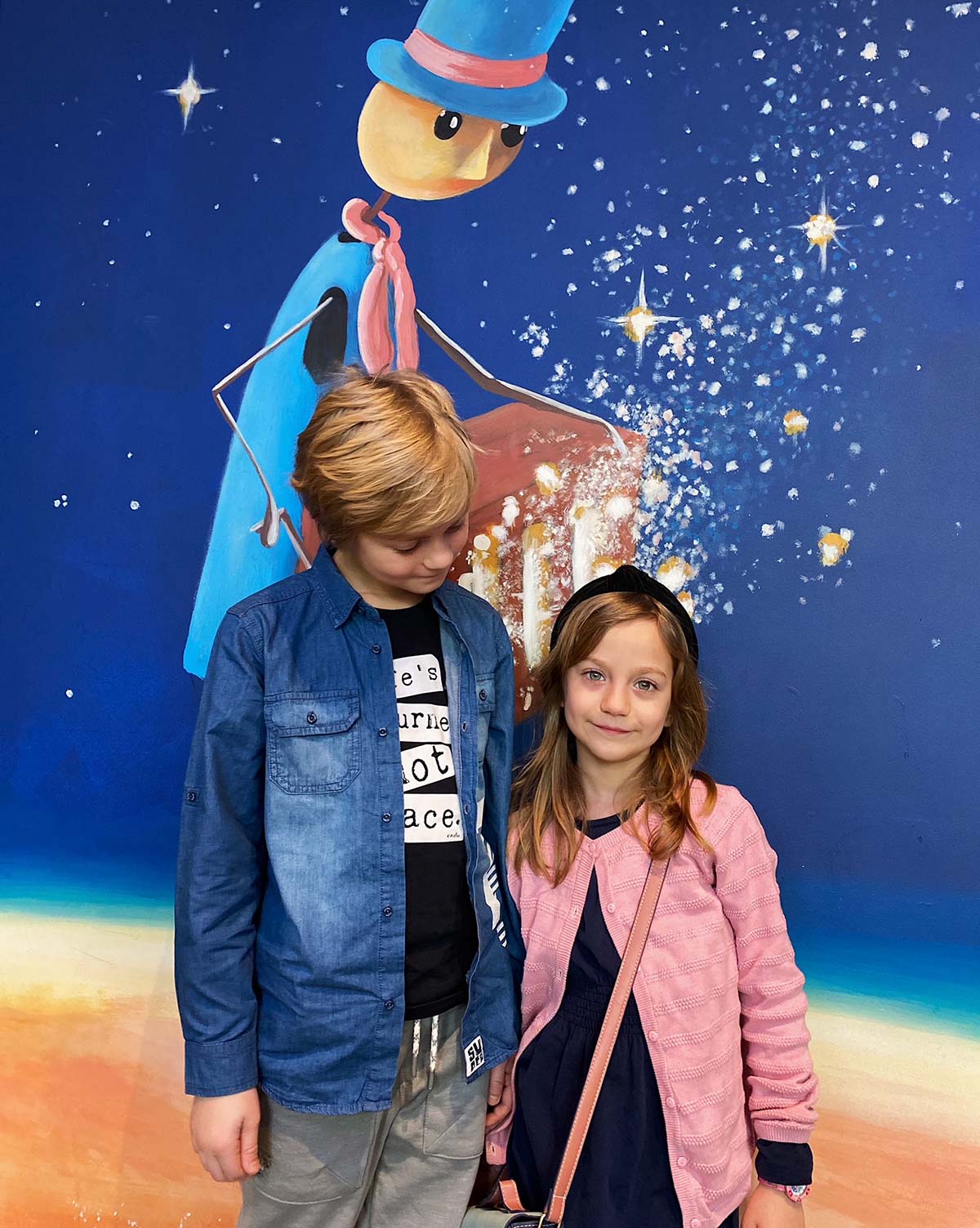
A valuable Polish language lesson
Interpreting the readings and facilitating their understanding isn't the only educational role of theatre. The actors speak correct Polish and have impeccable diction. Students learn new words, and thanks to the circumstances in which this takes place—silence and concentration—they are able to effectively absorb and remember what they see and hear on stage.Taking a child to the theater - Learning patience
It's no secret that children get bored easily and it's difficult to keep their attention for more than an hour. The abundance of available entertainment, such as cartoons and interactive toys, doesn't help. Theatre, on the other hand, teaches children to focus on what's happening on stage here and now. Performances are usually short and tailored to children's abilities. Actors often interact with the audience, which engages children. The actors' colorful costumes, lighting, and props spark curiosity, and in a closed, darkened room, there are no other stimuli to distract children from what's happening on stage. Theatre is not only an experience of art but also a true lesson in adapting to the surrounding reality.
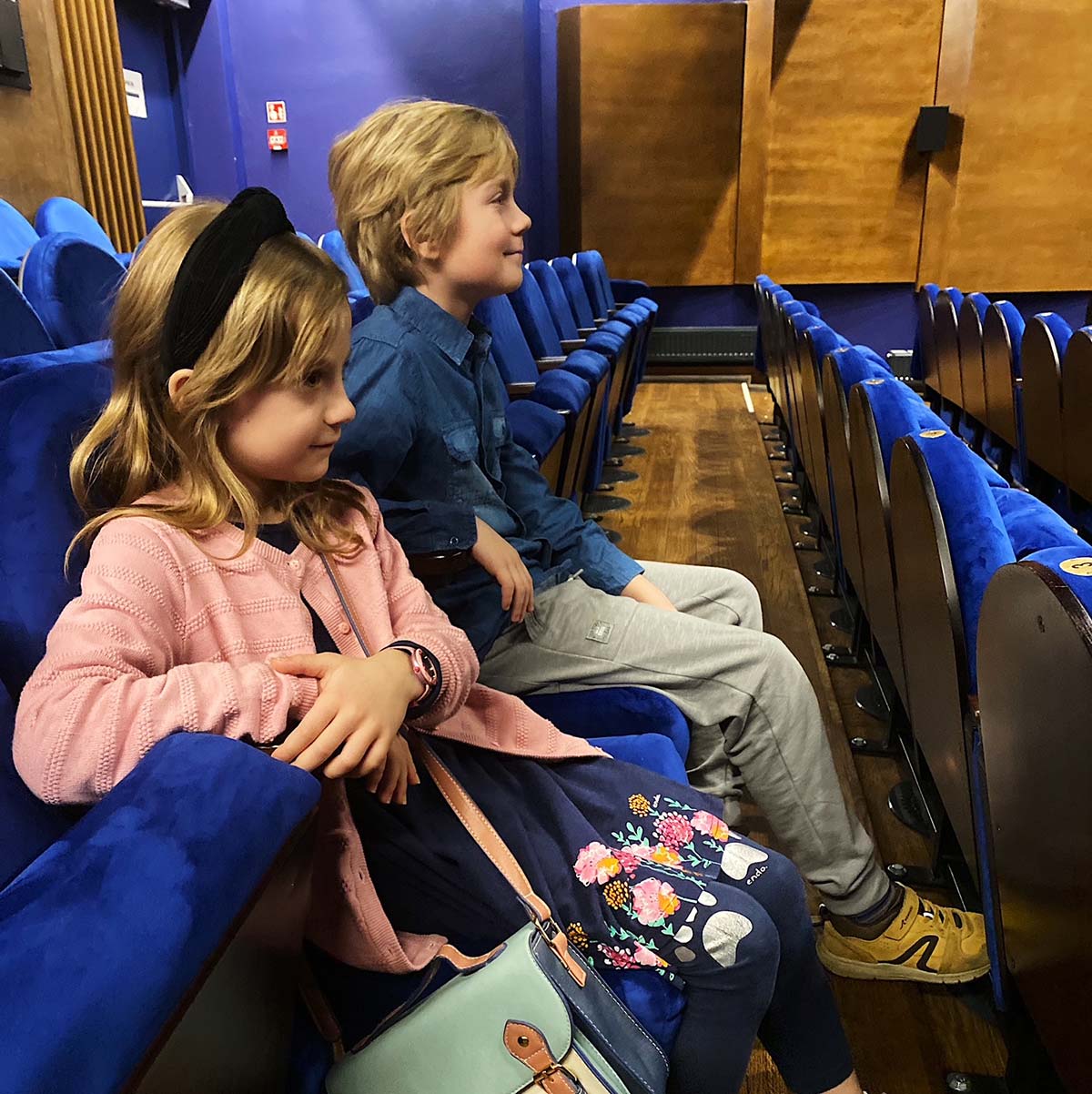
A course in good manners
Taking your child to the theater is a great opportunity to observe and learn social behavior. From a young age, your child becomes accustomed to the fact that such an event requires appropriate preparation and appropriate attire. Children learn that appropriate attire is important and that specific rules must be followed during performances. Following the established rules will build habits that will make it easier for them to navigate other situations that require adapting to social norms.
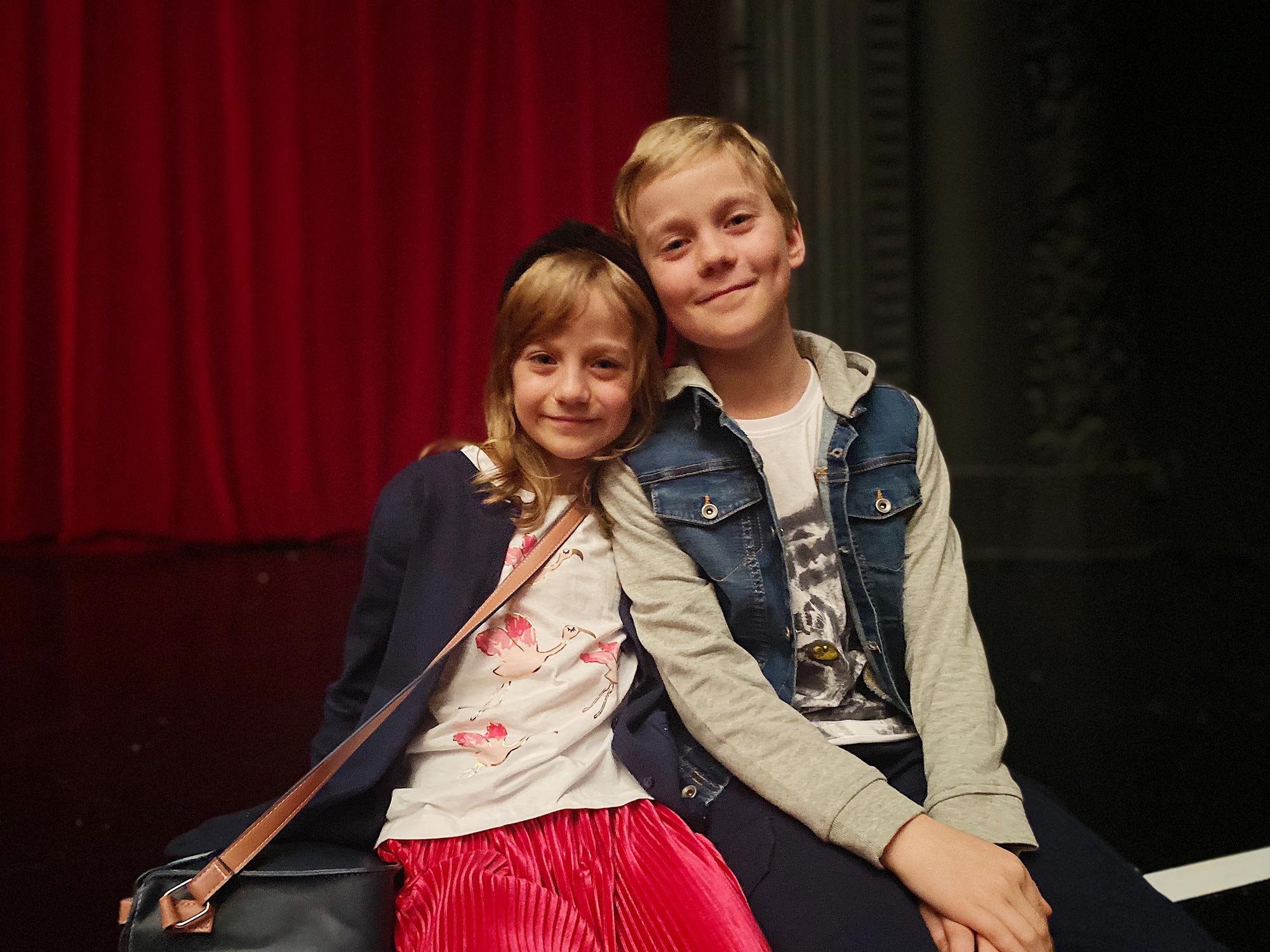

A unique experience
The art of theatre is unlike any other form of entertainment. Watching actors perform live is always impressive – watching a performance on television is no substitute, nor is going to the cinema. It's a completely different experience, especially since contemporary performances for children are highly interactive. The actors interact with the audience, encouraging them to express themselves, and even inviting them onto the stage. All of this makes each performance a unique experience that can captivate not only children but also adults.







Podziel się:
Easter fun for children - Collecting eggs
Active and colorful. Educational games for children at home.